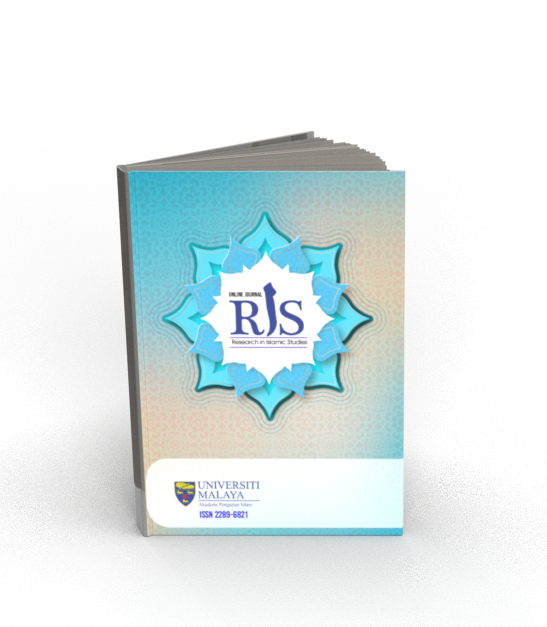Main Article Content
Abstract
Muḥyī al-Dīn Yaḥyā bin Sharaf al-Nawawī (d. 676 H) is a figure known for his expertise in fiqh and hadith. Among his masterpieces that are the focus of scholars and researchers is Sharḥ Ṣaḥīḥ Muslim, which is also considered the best Sharḥ Ṣaḥīḥ Muslim. Apart from the two fields of knowledge, one of the fields that he has mastered but that has not yet been widely highlighted is the field of islamic creed. Therefore, there is a need for a study of the character of this great scholar in the field of islamic creed. Among the issues and polemics of theology that are given attention by the theologians is the polemic of the ru’yah Allah and al-Nawawī also provides views on this polemic. Therefore, this study was written to analyze the stance of al-Nawawī and his position in the polemic of Allah's ru'yah in order to identify the stance of this hadith figure. This study uses the method of content analysis based on Sharḥ Ṣaḥīḥ Muslim as well as the works of scholars in the science of islamic creed to obtain relevant information. The study found that al-Nawawī's stance in this polemic is in line with the core essence and methodology of the creed brought by Ahl al-Sunnah wa al-Jamā'ah among al-Ashā'irah scholars who argue with evidence of revelation (naqlī) and logic (' aqlī). This at once proves that al-Ashā'irah scholars are also represented by the foremost hadith scholars and not just theologians.
Keywords
Article Details
Copyright (c) 2023 Online Journal of Research in Islamic Studies

This work is licensed under a Creative Commons Attribution-NonCommercial-ShareAlike 4.0 International License.
Copyright Notice
By submitting manuscripts to the Online Journal of Research in Islamic Studies (RIS), authors agree to transfer copyright to the journal. However, authors may republish their work or grant others permission to republish it; in which case it should be accompanied by a proper acknowledgment that the work was originally published in the Online Journal of Research in Islamic Studies (RIS). The journal adopt CC-BY-NC licence which authors may also share and distribute their article anywhere of non-commercial website, social media and repositories immediately on publication.
Authors may also reuse the Abstract and Citation information (e.g. Title, Author name, Publication dates) of their article anywhere at any time including social media such as Facebook, blogs and Twitter, providing that where possible a link is included back to the article on the journal site.
